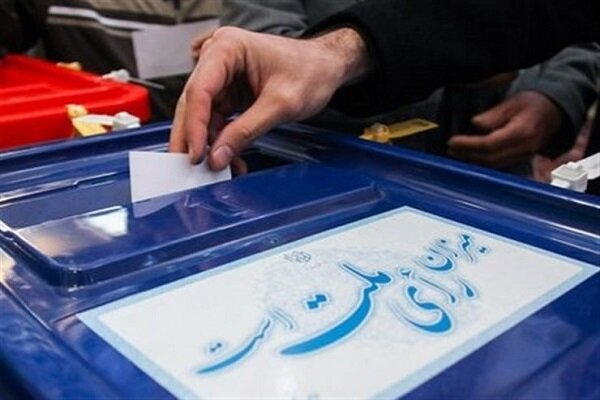Prominent candidates introduced

TEHRAN — As the registration for the June 18 presidential elections closed on Saturday, the Tehran Times has decided to provide respectful readers with brief introductions of prominent presidential candidates. This series of introduction will continue tomorrow.
Es’haq Jahangiri
Currently serving as the first vice president, Jahangiri, a key member of the Executives of Construction Party, was born in 1958.
He served in various positions, such as MP (two four-year terms), governor of Isfahan (5 years), and minister of industries (two four-year terms).
In the 2013 presidential election, Jahangiri was a potential reformist candidate, but he withdrew in favor of Akbar Hashemi Rafsanjani and later became Rafsanjani's campaign manager. However, Rafsanjani’s candidacy was rejected by the Guardian Council in 2013.
Jahangiri ran for president in 2017, quitting the race on the last days in favor of Rouhani. Many interpreted his candidacy as a supporting move for Rouhani during the debates and withdraw before the voting commenced.
Jahangir is publicly known as a pro-reform figure.
He stated that he is running for president to “protect the freedom and fundamental rights of the citizens.”
Jahangiri noted that he didn’t intend to enter the presidential race, but since Foreign Minister Javad Zarif refused to field candidacy, he had the feeling it is necessary to run in the presidential elections.
He believes that the winner of the elections is a high voter turnout.
Saeed Jalili
Known as a conservative politician, he was born in 1965. He may not have a record as prolific as some other important candidates, yet he held key positions during his political career.
Being secretary of the Supreme National Security Council (SNSC) and chief nuclear negotiator in Ahmadinejad’s administration from 2007 to 2013, he held several meetings with the European Union to discuss possible solutions to lift sanctions on Iran, yet due to various differences of opinions between the two sides, Iran and the EU failed to reach an agreement.
He ran for the 2013 presidential elections, but failed to acquire enough votes. He came third, losing the battle to Hassan Rouhani.
He then proposed the idea of a “shadow cabinet” to help compensate for the Rouhani administration’s shortcomings. Over the past years he has held numerous meetings, discussing problems and offering solutions.
After his registration at the Ministry of Interior for the June election, Jalili challenged other nominees to present their plans for running the country to the people.
He said the candidates should tell the people the result of their 4-year plan if elected president.
“If we do not address the main issues well, some rhetoric can even take the center stage. I hope that in the upcoming elections, rhetoric will not overcome the needs of the people,” he remarked.
Saeed Mohammad
Serving as the director of Khatam al Anbia Construction Headquarters of the IRGC, Saeed Mohammad was born in 1968.
From 2007 to 2014, he was the CEO of Sepasad Group (affiliated to the Khatam Camp) and from 2018 to March 2021, he was the commander of the Khatam Al-Anbia Construction Camp and holds the military rank of Brigadier General at the Islamic Revolution Guards Corps.
He nominated as a candidate on the very first hours of the election registration, saying that this shows his determination to win the race.
He is unknown to the public, as he has never been involved in politics. Although he has tried to clarify his plans to the public, many analysts cast serious doubts over his ability to execute the Islamic Republic’s foreign policy plans.
After his registration at the Ministry of Interior, Mohammad noted that he has “a good resume and a strong team of experts” that helped him set foot in the path of presidential race.
SA/PA
Leave a Comment